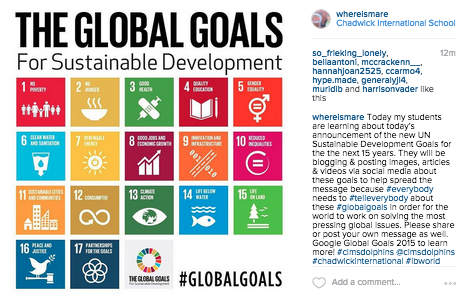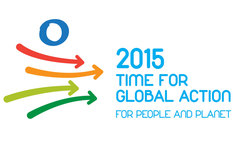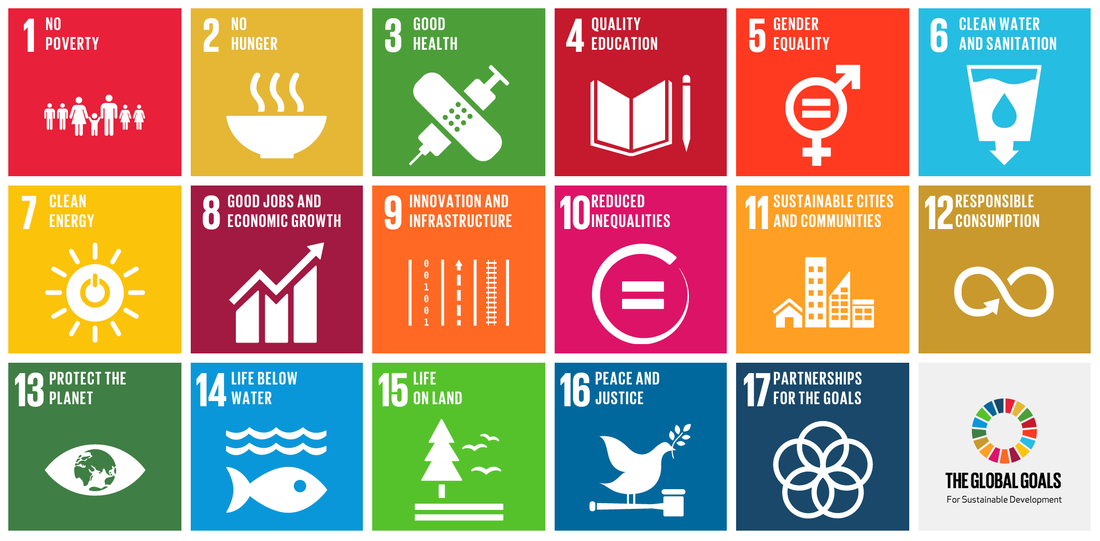0 Comments
Today we will continue studying the MYP concept of "Change"HERE is the presentation.
You will work in your table group to make a concept map and to investigate one historical change within the context of Individuals & Societies. This week we will be looking at the MYP concept, "Change". This is the theme and main concept for Grade 8 Individuals and Societies.
Today, we will explore what "change" is (within the context of Individuals and Societies). We will look at the following:
Today's Presentation Today's Global Issues Topic:
Preparing for & Responding to Natural Disasters: Yesterday, Chile experienced an 8.3 earthquake, also triggering a Tsunami. The death toll was quite low due to Chile being well-prepared for handling possible natural disaster emergencies. Here is an article from the United Nations discussing yesterday's quake and why Chile was well-prepared for this: "Following earthquake, UN says Chile’s investment in disaster risk reduction paid off" Today's Task & Exit Ticket:
Also...if you still need to join Newsela.com, please join! FIRST... I need the following students to complete the following form:
Ben, Willy, Jun Please complete this short form-- I need a link to your Individual & Societies Google Folder! Today's Tasks... Task #1: Geography Review Stations (1 hour) You will spend 1 hour rotating through review stations. Use the following Review Stations Slideshow to help guide you through each station. You will spend 15 minutes at each station. Task #2: Geo-Pardy QuizShow Game (25 min.) You will spend approx. 25 minutes reviewing through a Game Show Format (Jeopardy, & 20 Questions) You will be working within your team (your table group) to earn points by correctly answering geography questions. You will compete against other teams for points. Today is Picture Day!!! You will go with Mr. Durey or myself to the BlackBox Theatre for your picture. You will need to line up and sit according to alphabetical order on the class roster (we will help you figure out the order you will go in). While waiting for your turn, please have your laptop with you--you can finish up Quizlet Flashcards if you haven't finished or play Geography Games on the "Free Time and Games" page.
Once back in classroom... if there is time, we will watch the latest edition of Flocabulary's Week in Rap weekly news update. Do you know what TODAY marks as a sad anniversary for in history? Yes, 9/11 Terrorist Attack in the U.S.
Forces of Nature - Natural Hazards Today you will be given 30 minutes to look at all other student presentations. You can click on any student document link to view and learn about the natural hazard and a natural disaster that occurred from this hazard...as well as how humans have adapted to living where this hazard is frequent--and whether humans have increased or decreased their risk of being harmed by their activities and where they have chosen to live. Task #1: Look at student Presentations and take notes on the handout. These are notes for you to keep and study by. You do NOT have to turn this in. But you are expected to complete it. There will be a couple of questions on the summative test about natural hazards.
What makes a good map?You will rotate through stations and look at different types of maps at each station. You will evaluate the maps and determine which of the set is considered a "good" map and look at what features make it a good quality map. You will also determine which of the maps is not a good quality map and why it is not good. You will provide details of what could be done to improve the map. You will also answer 1 question related to that type of map to practice interpreting data from a variety of maps. You will complete your work using the Google Doc link below:
TASK #2: Look at the maps at each station and complete the following form.
The great continental debate
Warm-Up: Continental Poll (click on blue hyperlink)
How do we define a "continent"? (Is there any consensus on what factors determine a continent? And how many there are?) Intro to Today's Discussion: Sometimes the way we define and categorize things on Earth is based on science, sometimes its based on perspective (such as cultural perspective...where you are from often shapes your view of ...well...literally... the world...), and sometimes its based on historical convention (because its been known that way for a very long time and taught that way in school where you live)...how do we sort it all out and know for sure? Or does it really matter? Let's Discuss--or DEBATE this. Some Geography Articles to Consider:
Just for fun...This Week's HW:
Make 20 Flashcards onQuizlet.com (see task instructions posted on Managebac).
Cards should be a combination of geography terms, concepts, etc. to help you study for next Monday's summative geography test. Use the following links to join the Quizlet class for your Block: Block B Students: https://quizlet.com/join/uS6DF2ZEE Block C Students: https://quizlet.com/join/zxK2CJwSz HW Instructions: After you Join the class:
Biomes (Continued)Finish Group Biome Webquest LandformsMatching Landforms
Use the following websites to help you complete the Matching Landforms handout: Just for Fun: Matching Landforms - Memory Game Today's Exit Ticket: Click on ExitTix Quiz |




